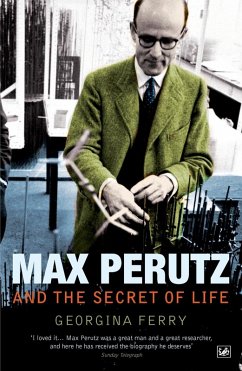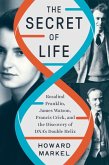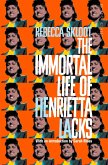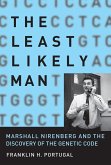Seven years later he founded the small research group in which Francis Crick and James Watson discovered the structure of DNA. Max Perutz himself explored the protein haemoglobin and his work, which won him a shared Nobel Prize in 1962, launched a new era of medicine, heralding today's astonishing advances in the genetic basis of disease.
Max Perutz's story, wonderfully told by Georgina Ferry, brims with life; it has the zest of an adventure novel and is full of extraordinary characters. Max was demanding, passionate and driven but also humorous, compassionate and loving. Georgina Ferry's absorbing biography is a marvellous tribute to a great scientist.
Dieser Download kann aus rechtlichen Gründen nur mit Rechnungsadresse in A, B, BG, CY, CZ, D, DK, EW, E, FIN, F, GR, HR, H, IRL, I, LT, L, LR, M, NL, PL, P, R, S, SLO, SK ausgeliefert werden.









